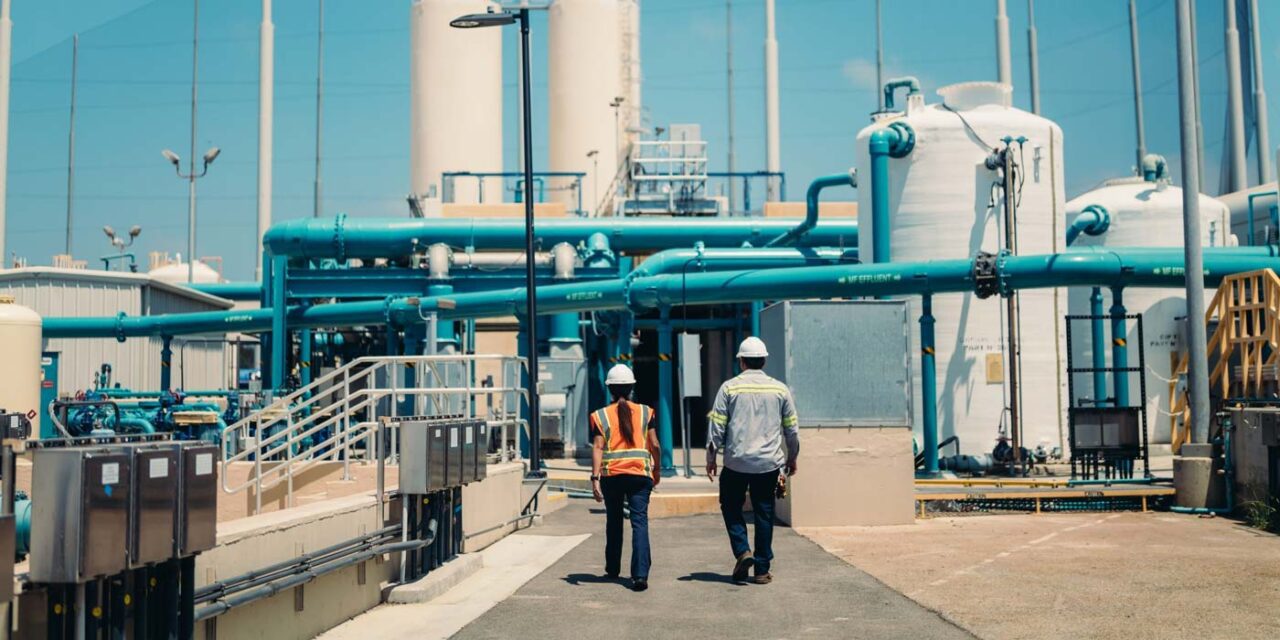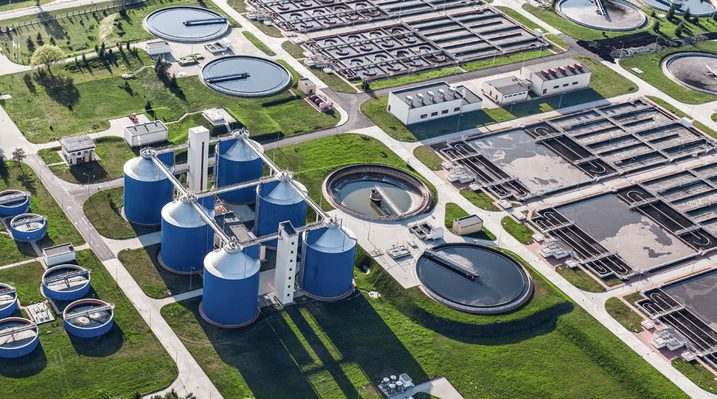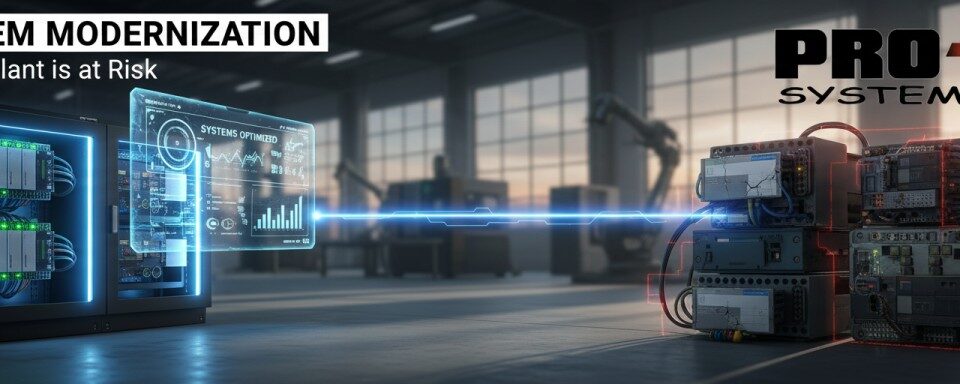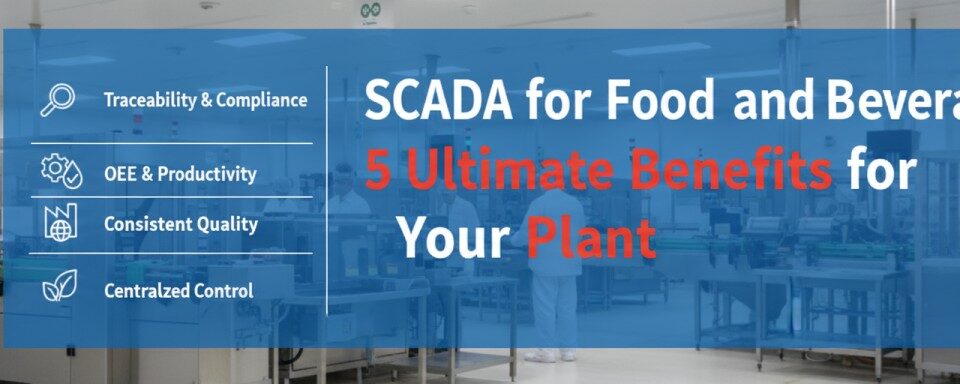The Role of Automation in Enhancing Wastewater Treatment Efficiency
The Role of Automation in Emerging Wastewater Treatment Efficiency
In an era where sustainable practices are paramount, wastewater treatment stands at the forefront of environmental stewardship. Automation, a cornerstone of modern industrial processes, is revolutionizing the way we manage and treat wastewater. This blog explores how automation technologies are playing a pivotal role in enhancing the wastewater treatment efficiency, effectiveness, and sustainability of wastewater treatment plants.
Understanding the Need for Automation in Wastewater Treatment Efficiency
Wastewater treatment efficiency involves a complex series of physical, chemical, and biological processes to remove contaminants from water before it’s discharged back into the environment. Traditionally, these processes relied heavily on manual intervention and periodic inspections. However, this approach posed several challenges, including the potential for human error, limited real-time monitoring, and higher operational costs.
Predictive Maintenance for Reliability and Resilience
Wastewater Treatment Automation solutions also brings forth the concept of predictive maintenance, a proactive approach to equipment upkeep. Through continuous monitoring and analysis of equipment performance, the system can predict when components are likely to fail and schedule maintenance activities accordingly. This prevents costly breakdowns, reduces downtime, and ensures that treatment plants operate reliably and consistently.
Regulatory Compliance and Reporting
Stringent environmental regulations govern the discharge of treated wastewater. Automation simplifies compliance by automating the data collection and reporting process. Accurate, real-time data logs can be generated and submitted to regulatory authorities, demonstrating a commitment to environmental compliance and transparency.

Real-time Monitoring and Data-driven Insights
Automation introduces a paradigm shift by integrating sophisticated sensors and control systems into wastewater treatment plants. These sensors continuously collect data on various parameters such as pH levels, turbidity, dissolved oxygen, and microbial activity. This real-time data is then processed and analyzed by advanced software, providing operators with immediate insights into the treatment process.
By leveraging this data, operators can make timely adjustments to optimize treatment efficiency. For instance, if there’s a sudden spike in contaminant levels, the system can automatically adjust chemical dosages or alter treatment stages to maintain optimal conditions. This level of responsiveness ensures that the treatment process remains highly efficient even in dynamic and changing conditions.
Enhancing Process Efficiency and Resource Utilization
Automation not only improves the accuracy of treatment processes but also enhances resource utilization. For example, advanced control systems can regulate the flow rates of influent wastewater and adjust aeration levels based on real-time demand. This results in significant energy savings and prevents over-treatment, ultimately reducing operational costs.
Furthermore, automation facilitates the integration of renewable energy sources, such as solar or wind power, to meet the energy demands of treatment plants. This transition to sustainable energy sources aligns with the broader goal of reducing the environmental footprint of wastewater treatment operations.
Pro-Tech’s Contribution to Automated Wastewater Treatment Efficiency
At the forefront of industrial automation, Pro-Tech Systems Group (PTSG) is driving innovation in wastewater treatment. With a deep understanding of both the intricacies of treatment processes and the latest automation technologies, PTSG designs and implements tailored solutions that optimize treatment plant operations. By integrating cutting-edge sensors, control systems, and data analytics, PTSG ensures that wastewater treatment processes are not only efficient but also sustainable and compliant.
Automation is revolutionizing wastewater treatment by introducing real-time monitoring, data-driven insights, enhanced process efficiency, and predictive maintenance. Pro-Tech Systems Group stands at the forefront of this transformation, leveraging automation technologies to create more efficient, sustainable, and compliant wastewater treatment solutions. Embracing automation is not just a technological advancement; it’s a commitment to a more sustainable and environmentally conscious future.




